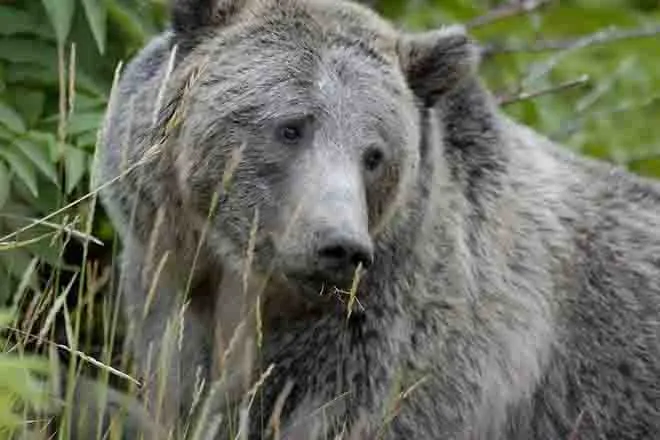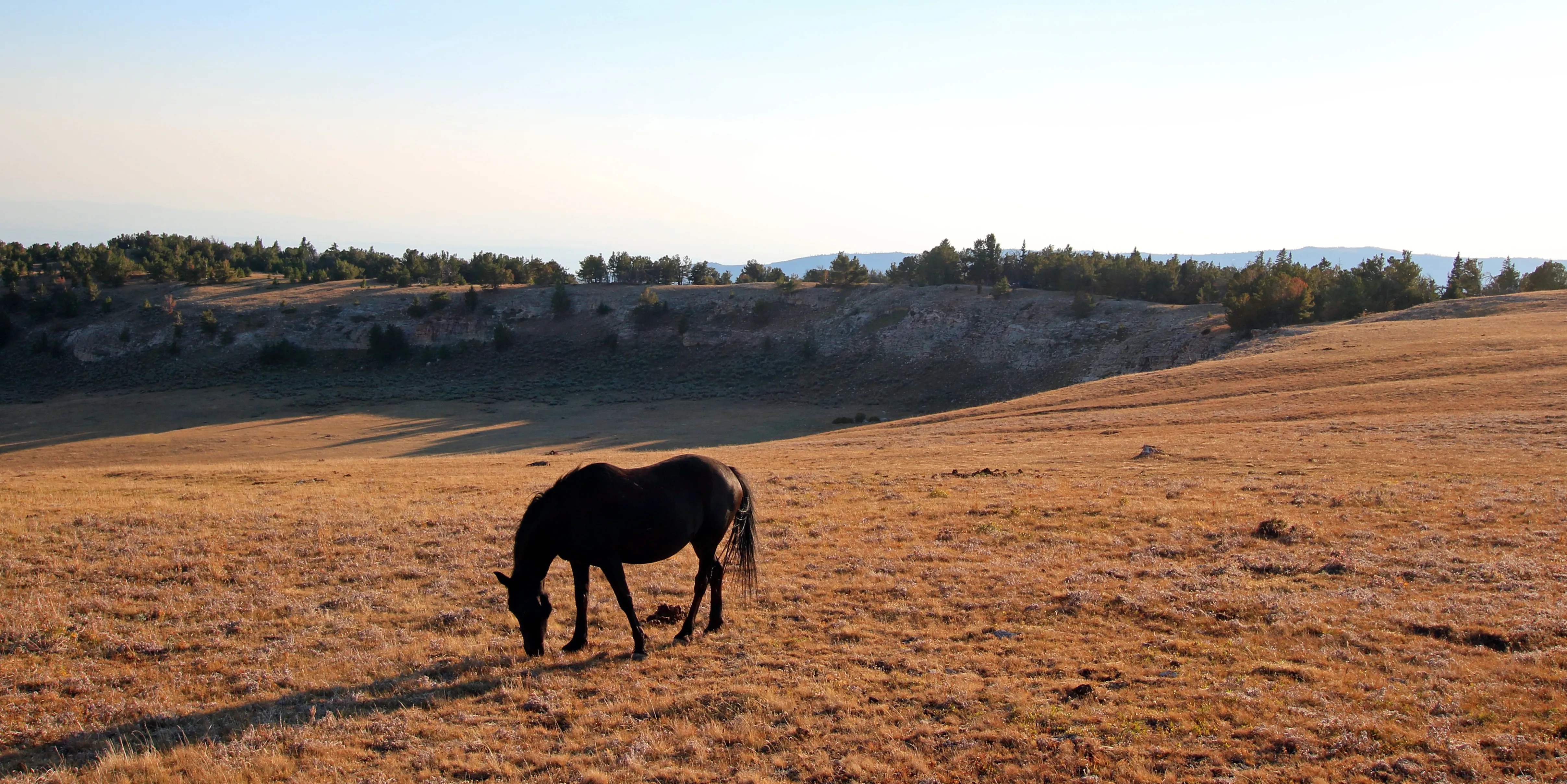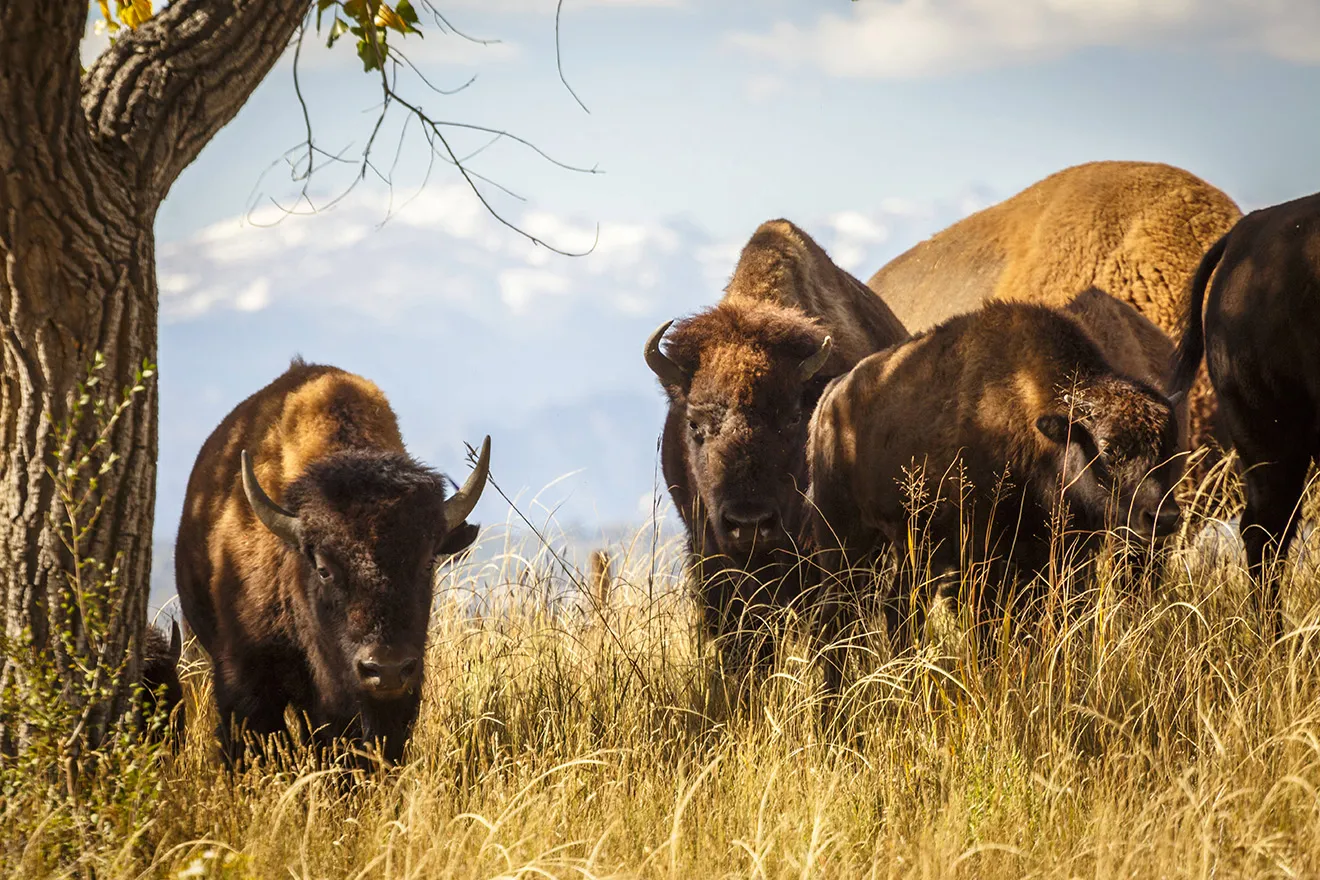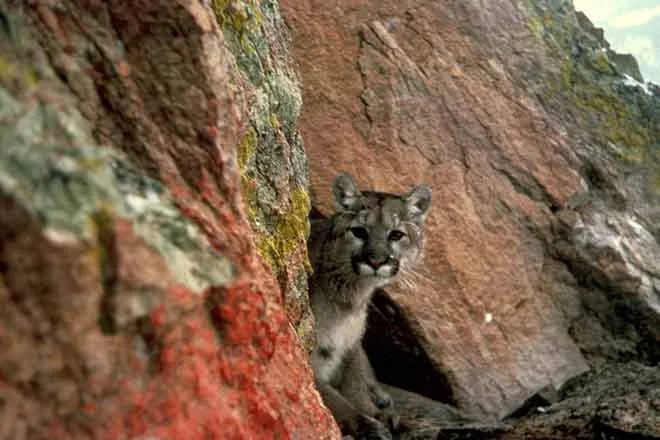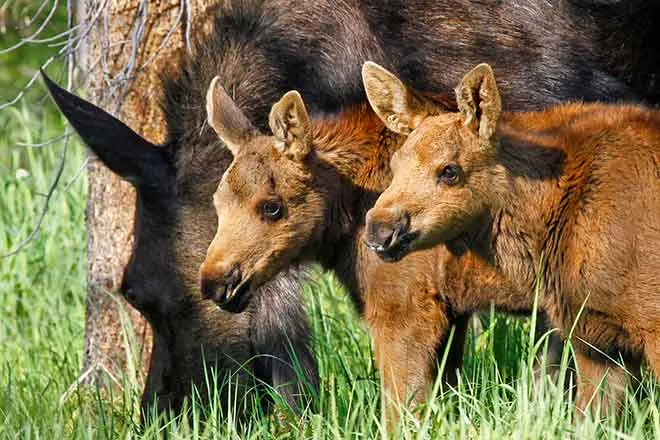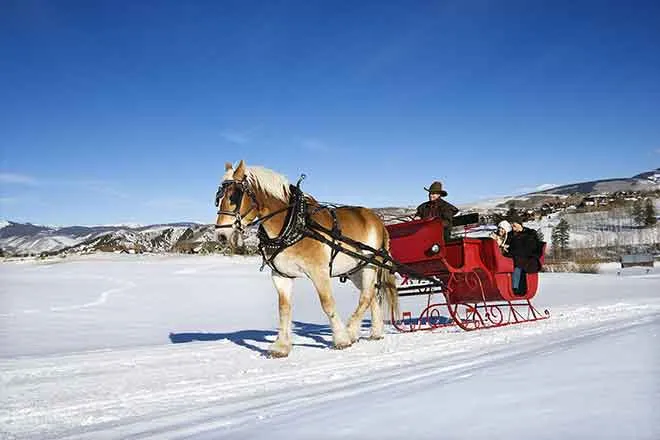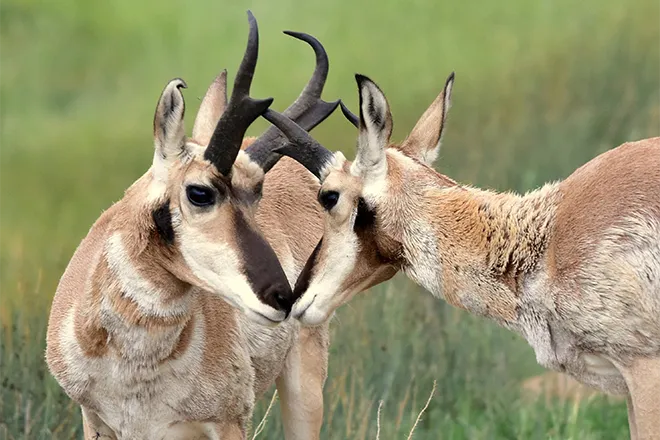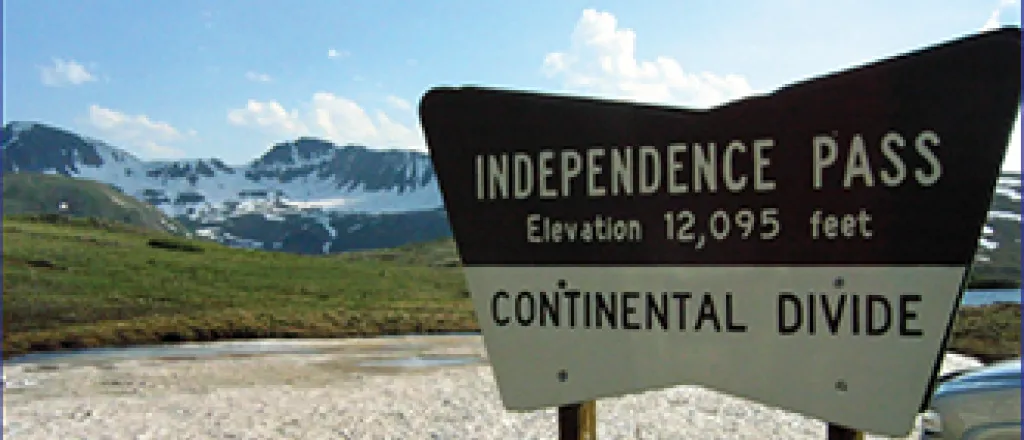
Man's best friend becomes wildlife officer’s secret weapon
“Twenty years ago, the agency had 135 wildlife officers,” said Area 14 District Wildlife Manager Philip Gurule. “Today we have 135 wildlife officers, but what has Colorado’s population done in that time?”
It’s essentially increased by two million people which means more are participating in the abundance of outdoor recreation opportunities the state has to offer, including hunting -- sometimes illegally.
“Having a trained dog is like growing our officer core without adding significant costs,” said Gurule, who lobbied Colorado Parks and Wildlife for support and found outside donation funding to allow him to begin a pilot program of using a dual-purpose dog for officer protection and wildlife detection.
Sci is a two-year-old Dutch Shepherd, trained in handler protection and suspect apprehension as well as odor detection to sniff out wild game, making it easier for Gurule and the Area 14 wildlife officers to find evidence of poaching.
Sci is named for Safari Club International, the Colorado Chapter of which donated the money to buy and train him for his work alongside Gurule.
"We recognize the need for a service animal, and the benefits that they provide," said Brett Axton, president of the Colorado Chapter of SCI. "The purchase and donation of the working dog was a unanimous decision of our board and membership. Now our friend and partner, Philip Gurlue, can be more effective as a Parks and Wildlife officer.”
During hunting seasons (essentially August through January) it’s not uncommon for wildlife officers to put in well over 50 hours per week making hunter contacts, checking licenses, writing citations, working poaching cases and making arrests.
It’s an investment that is already showing returns.
During the 2015 big game hunting season, Gurule brought Sci to the large-scale Interstate-70 hunter inspection event to showcase his skill. The check station is designed to flag hunters and anglers down to check their licenses and their takes, and to catch poachers who have taken game illegally. In many cases, especially with hunters using pull-behind trailers, or poachers trying to hide an illegal take, inspections could take more than 30 minutes as officers unpack, then repack hunting gear and other items during their inspections. With Sci, and his nose trained to sniff for wild game, those searches lasted two minutes, at most.
Gurule also credits just the presence of Sci with de-escalating would-be problem hunter contacts.
“I made contact with a guy who was trespassing on private property. He was pretty irate I was there checking his license and questioning him-- understand, everyone we make contact with in the field is armed -- and he was screaming at me and followed me to my truck as I went to check his hunting license. As soon as Sci saw him he started barking like crazy, which he does with anyone who comes near the truck -- he’s got a 360-degree view from his kennel. The man seemed surprised and asked ‘You got a dog in there?’ And then, while he still wasn’t the most compliant, you could tell he was much more calm,” told Gurule.
Sci has also used his nose to help with poaching investigations, finding shell casings in tall grasses in a matter of minutes; a feat that would have taken two officers an entire day, two, or perhaps never, to find.
As Sci continues to showcase just how much more impactful and efficient a wildlife officer can be with a dog, Gurule hopes he can help to grow the K9 program within the agency.
Accomplishing that vision looks promising, and Gurule is helping to train a one-year-old black lab, named Cache, to sniff out wild game, and to be a partner for Wildlife Officer Brock McArdle in the northeast region of the state.
"I am excited and eager to utilize K9 Cash as an asset for managing Colorado's diverse wildlife resource. With his canine abilities, I expect to be a more productive wildlife manager," said McArdle.
Biologists do a lot of Boreal Toad research in McArdle's region, so the hope is that Cache might be able to assist in finding those toads, too, said Gurule.
In past conservation efforts, biologists and research assistants have spent up to three weeks in the field searching for these rare toads to study and during that time might locate 15-20 toads. With a dog trained to sniff them out, what used to take three weeks might only take a matter of days.
The fledgling K9 program has a long way to go before a case can be made for agency-wide adoption. In the meantime, CPW is hoping for the support of outside individuals and organizations who want to see wildlife officers with a great tool for protecting themselves and the abundance of wildlife resources that belong to all Coloradoans.
A GoFundMe has been set up to help cover the yearly cost of Sci and Cash’s vet bills, food, boarding and ancillary costs. It’s estimated that over a 10-year working period, a dog will cost about $20,000.
If you would like to contribute to growing the K9 program, contribute to the GoFundMe campaign at: https://www.gofundme.com/cpw-k9.

